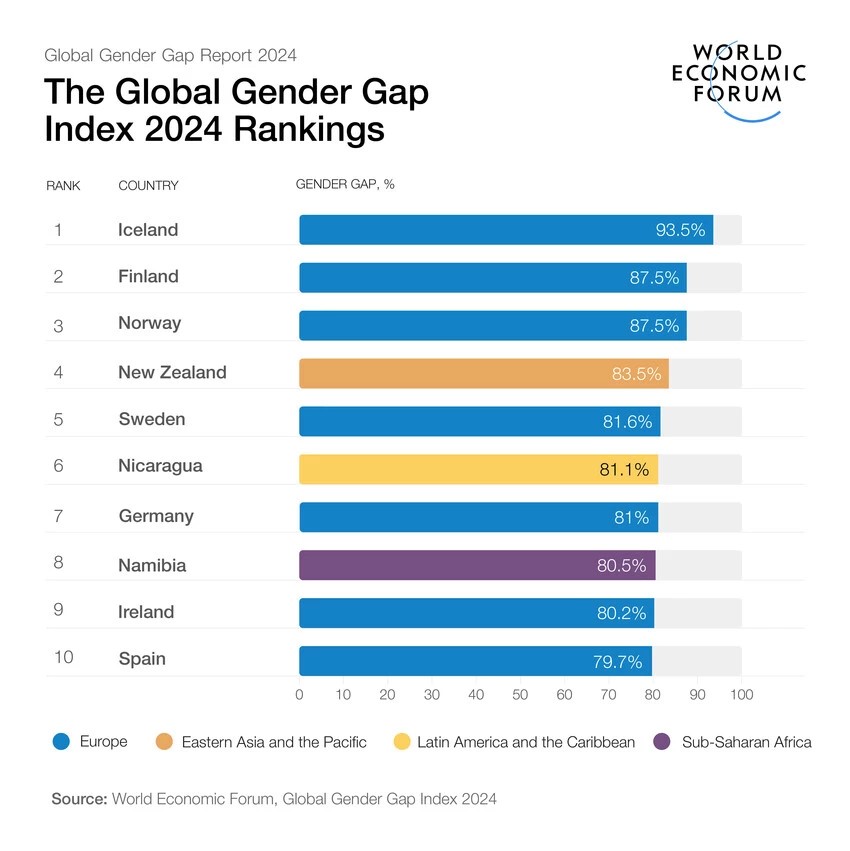Gender is one of the most debated issues in the church, rooted deeply in biblical narratives and theological interpretations. According to Genesis 1:26–31, God created humankind in His image, making them male and female. Both were blessed and called to rule, multiply, and nurture children, and everything God made was deemed very good. However, sin entered the world, resulting in a curse that affected all of creation.
Genesis 3:16 outlines the specific consequences for women as a result of the fall: “I will intensify your labor pains; you will bear children with painful effort. Your desire will be for your husband, yet he will rule over you.” This curse led to physical consequences (labor pain), emotional consequences (desire for the husband), and social consequences (male dominance). From being equal co-rulers of creation, the dynamics shifted, and women became subject to male authority, marking their inferiority in a fallen world.
However, this is not the end of the story. God sent His only son, Jesus Christ, to redeem humankind and all of creation from this curse, aiming to restore equality between men and women. Despite living in a fallen world with its imperfections and challenges, the global movement toward gender parity is gradually progressing, though unevenly across different regions.
The Global Gender Gap Index annually benchmarks the state and evolution of gender parity across four key dimensions: Economic Participation and Opportunity, Educational Attainment, Health and Survival, and Political Empowerment. According to the recent 2024 report, progress has been extremely slow, with only a 0.1% improvement in the global gender gap score from 2023 to 2024. At this rate, it will take 134 years to achieve gender parity.
Countries like India need significant improvements, as it ranks 129 out of 146 nations, with women earning on average only Rs 39.8 for every Rs 100 that men earn. In contrast, Iceland, which ranks first, has implemented progressive policies. In Iceland, both mothers and fathers are entitled to six months of parental leave at 80% pay under a ‘use it or lose it’ scheme, encouraging more women to return to work. Subsidized childcare helps reduce the ‘motherhood penalty,’ a major contributor to the gender pay gap. Article 15 mandates that public company boards and government councils must have at least 40% gender equality. Gender equality is taught at all educational levels, from early education to university. Schools in Iceland strive to avoid confining children to gender stereotypes, promoting equal participation in all activities. Iceland’s parliament has the highest female representation in Europe (47.6%), and women are legally protected from unwanted attention or violence.
Achieving gender parity is crucial for reversing the curse on the creation, especially women. Within the church and society, patriarchy remains a significant barrier to women’s equality. Patriarchy, often denoted as the rule of men over women, encompasses economic, political, social, and religious ideologies that enforce female subordination— a result of the fall. Despite Christ’s redemptive work, many Christians still promote the status quo.
To move forward, we must strive for a better understanding of gender parity in our personal lives, churches, and societies. As Peter proclaimed in Acts 2:17, in the last days, sons and daughters will prophesy, and the Spirit will be poured out on both men and women, breaking every gender and class barrier. Let us aim for true equality, reflecting the original design and intent of creation.
– Salathiel Nalli

